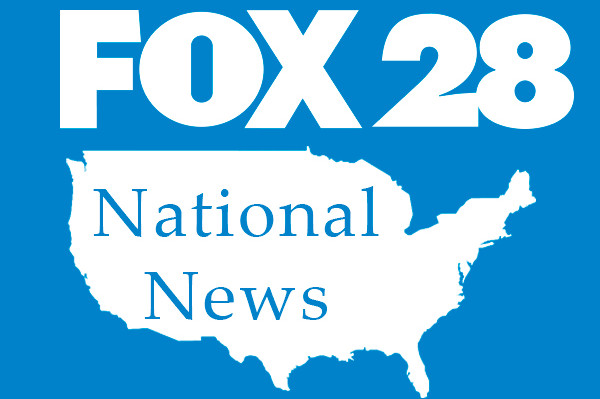
In just four days, Allstate filed lawsuits against 19 pharmacies in the New York City area, accusing them of overbilling the insurer for treating car accident victims.
Allstate filed about five lawsuits per day from Sept. 16 to 19 in the U.S. District Court for the Eastern District of New York. This isn’t out of nowhere: several property and casualty insurance companies have cracked down on alleged fraud among pharmacies, physicians, and medical equipment providers in New York and Florida.
In the recent New York suits — mostly against pharmacies in Brooklyn and Queens — Allstate seeks between $86,000 and $469,000 of minimum monetary damages from each pharmacy, adding up to more than $2.7 million.
The September lawsuits include allegations that pharmacies received money from local clinics to prescribe basic pain medications and medical equipment at high prices. The suits allege this happened over several years, adding up to millions in damages.
Allstate is seeking reimbursement of those funds plus damages under federal racketeering law, claims for common law fraud, unjust enrichment, and a court declaration that Allstate doesn’t have to pay any fraudulent claims.
Recent Allstate lawsuits against New York pharmacies
Fraud and racketeering charges — a continuing trend?
While lawsuits against this many pharmacies in such a short time may be unusual, it isn’t anything new. Several insurers have sought damages under fraud and racketeering laws in the past few years.
Allstate’s recent suits brought charges under the federal Racketeer Influenced and Corrupt Organizations (RICO) Act, originally passed in 1970 to help combat organized crime. Racketeering is essentially an illegal scheme coordinated by multiple people to make a profit.
These aren’t even the first lawsuits Allstate filed in the past year. In December, the insurer sued a Florida physician and his clinic after he allegedly failed to stop fraudulent billing practices for unnecessary procedures that cost the insurer millions. In March, Allstate filed a suit alleging that a Brooklyn cardiologist inflated claims and collected more than $1.1 million in a fraudulent billing scheme that started in 2021.
GEICO also filed 29 RICO or fraud charges against numerous pharmacies, physicians, and medical equipment businesses just this year in New York’s Eastern District Court.
What’s so special about New York?
New York is among the 12 states with no-fault insurance laws. In those states, the victim’s insurance pays for injury claims, regardless of who caused the car accident. A no-fault system is vulnerable: medical service providers file “inflated or often bogus” claims, aided by attorneys who threaten to sue insurers that challenge claims, according to the Insurance Information Institute (Triple-I).
Florida also has a no-fault system and ranks highly for attorney involvement in accident claims, according to the Insurance Research Council (IRC). In Florida, auto repair claims in particular contribute to an unaffordable auto insurance market, largely due to systemic misuse of assignment of benefits (AOB) agreements.
That misuse and legal system abuse “are creating a lose-lose [situation], contributing enormously to the net underwriting losses for the few remaining insurers in the state,” Triple-I CEO Sean Kevelighan said in a 2023 Issues Brief. “What’s even worse is that insurance is becoming not just unaffordable, but also unavailable for homeowners and drivers.”
The number of auto glass lawsuits in Florida increased by 4,000% from 2011 to 2021, jumping from around 600 in 2011 to more than 28,000 in 2021, according to a Florida Department of Financial Services database. A National Insurance Crime Bureau analysis found Florida had the most questionable auto glass claims among the 50 states in 2020, with almost 500,000 claims.
What’s next: What fraud costs the consumer
The cost of fraud can trickle down to policyholders. Even 15 years ago, New York drivers paid the equivalent of a $229 million tax on premiums due to fraud, according to Triple-I. New York and Florida drivers pay some of the highest average premiums in the country, according to Insurify’s car insurance report, and fraudulent lawsuits are certainly a contributing factor.
However, insurance fraud isn’t the only or even the most significant factor affecting insurance rates. Inflation, like the rising cost of repairs and new cars, and unprecedented climate catastrophes also lead to expensive claims, according to an Insurify analysis. Key cost measures of the financial impact of litigation fell from 2022 to 2023, according to S&P Global, which could indicate improvement. In May 2024, Triple-I reported that legislative reforms aimed to address legal system abuse and claim fraud were beginning to help Florida’s property and casualty insurance market recover.
Related articles

